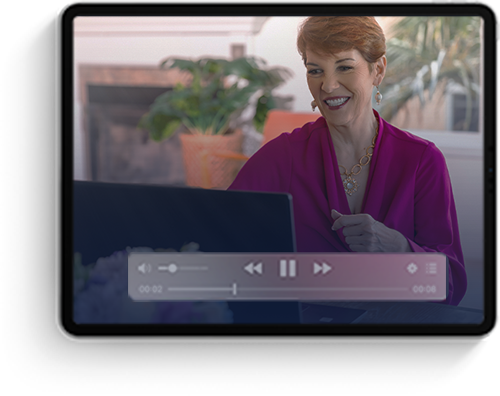How to Know When Criticism Will Help You or Hurt You
 Gosh this year has really flown by, and I think it feels faster today since we are all living on multiple planes of not just reality but virtuality. It is impossible to actually be alone anymore as there is always someone ready and willing online to either dish praise or bash (not always gently) with criticism. It amazes me how the lack of reality emboldens some to share thoughts invited or not.
Gosh this year has really flown by, and I think it feels faster today since we are all living on multiple planes of not just reality but virtuality. It is impossible to actually be alone anymore as there is always someone ready and willing online to either dish praise or bash (not always gently) with criticism. It amazes me how the lack of reality emboldens some to share thoughts invited or not.
I found myself derailed recently when twice in one week I had unexpected critiques of two different videos on a page I had posted. The criticism wasn’t requested, came from a virtual “friend” on Facebook and from a “follower” on Twitter, and ironically had nothing to do with the page (in fact that was praised.) I felt truly slammed.
 Video is a challenging medium for me. I grew up with a mother in front of the camera; a mother who hyper-criticized her own performances. And her performances were professionally directed, scripted, and filmed, not the rank amateur job I was doing on a flip camera.
Video is a challenging medium for me. I grew up with a mother in front of the camera; a mother who hyper-criticized her own performances. And her performances were professionally directed, scripted, and filmed, not the rank amateur job I was doing on a flip camera.
I’ve learned from the online video guys like Lou Bortone and Perry Lawrence, that it’s about being yourself, not being perfect, and just getting it out there. I’ve been working on that so you may imagine (and struggle with the same challenges) that being told:
- my background wasn’t professional (was it supposed to be? I wasn’t in a studio)
- I was too close (geez, my arms aren’t long enough and a flip doesn’t have a remote)
- To shoot in the daytime (well it was 10am and I had great light)
really sent me reeling.
 I know, I know I might seem like I’m one tough cookie, but I’ve got a marshmallow center and this created a meltdown. Fortunately I called an online colleague and friend and he brought me back to earth with very sage advice.
I know, I know I might seem like I’m one tough cookie, but I’ve got a marshmallow center and this created a meltdown. Fortunately I called an online colleague and friend and he brought me back to earth with very sage advice.
There are five simple questions to check the relevancy of any criticism. Don’t get derailed like I did, instead take a look at the questions here so you can vet the next round of criticism you may receive uninvited on a video, copy, ezine, teleseminar or other public work you share. Be selective in WHO you listen to and pay attention to. (I know this sounds obvious, but I missed it!)
- Are they your target market?
- Do they know your goals?
- Are they qualified? (How much do they know about what they are criticisizing?)
- Do they truly have your best interests at heart?
- Are they providing valued options to improve (or just slamming?)
It is easy to be a critic, before you do next time, ask if the person wants feedback and be sure you can provide it in a way that is constructive, not destructive. Learn about their goals, be sure you are qualified, and make sure you can make solid suggestions for improvement. If you miss any of these pieces, it is best not to share your thoughts.
Sometimes it really is better to be kind than to be right and there are often ways to do both!





